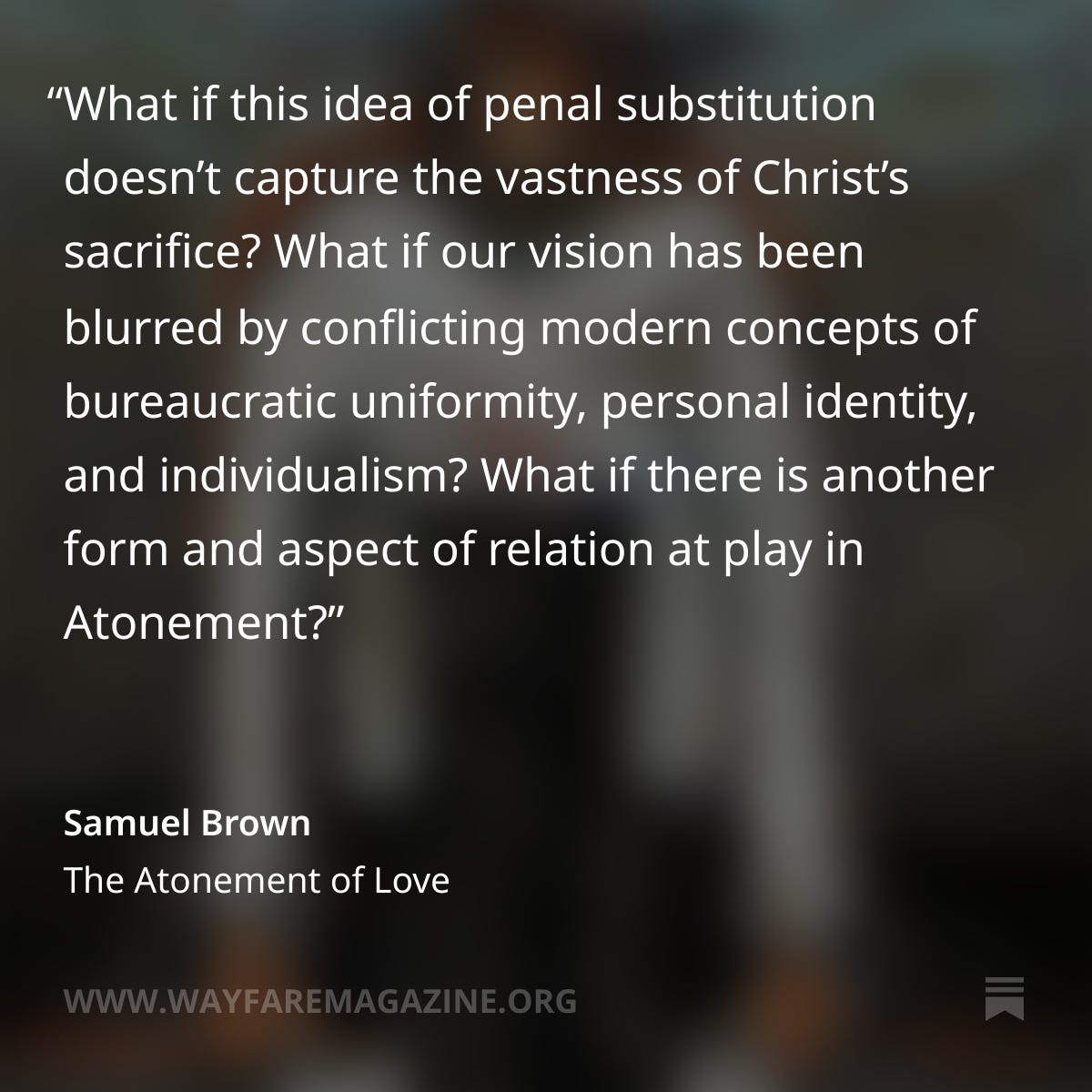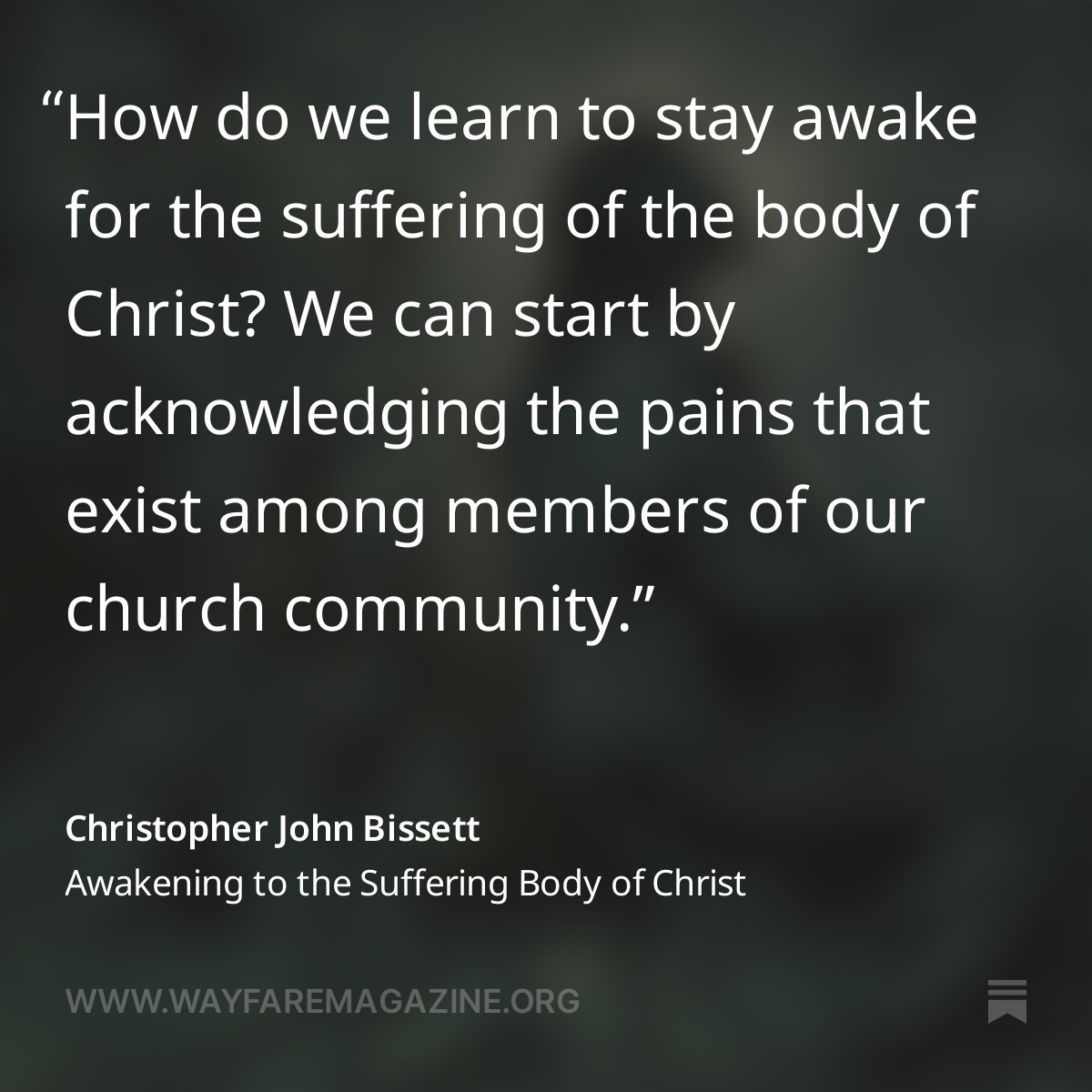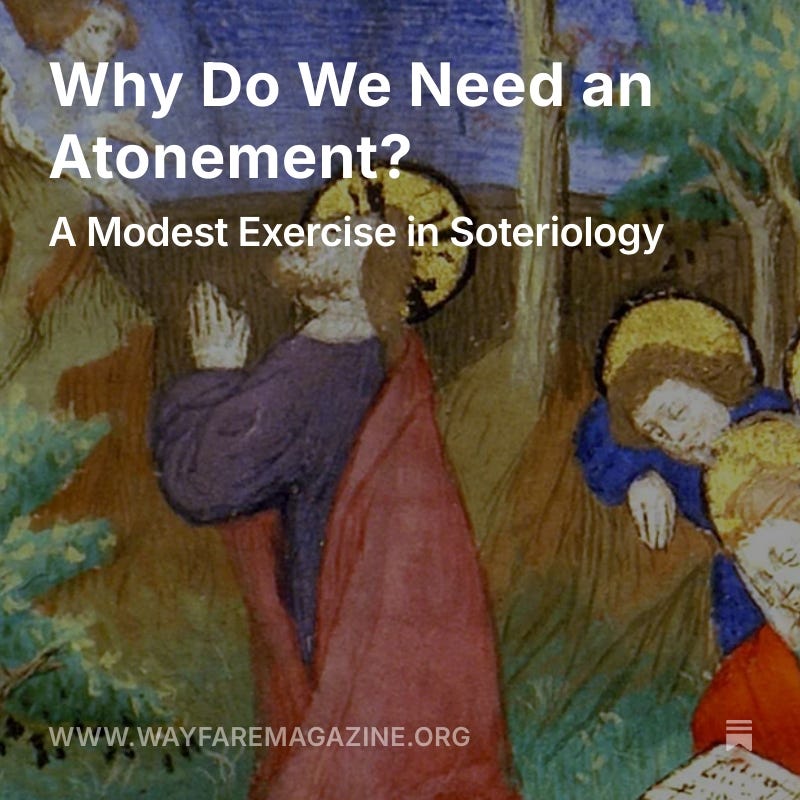Do we misunderstand Christ’s suffering?
Faith Matters resources to accompany your Come Follow Me study: March 3-9

Jesus Christ suffered so that I can repent and come unto Him. Jesus Christ obeyed Heavenly Father, even when it was hard.
From The Big Questions Project: Do we misunderstand Christ’s Atonement?
The Christian world generally is struggling to understand Christ’s atonement. The old doctrines and explanations sound primitive and do not ring true to many would-be believers today.
Richard Rohr, the influential Catholic teacher and theologian, points to what he sees as the limits and problems with a long-standing notion of “substitutionary atonement.” Rohr explains that, for most Christians, atonement is understood as
…a one-time transactional affair between Jesus and his Father, instead of an ongoing transformational lesson for the human soul and for all of history. I believe that Jesus’ death on the cross is a revelation of the infinite and participatory love of God, not some bloody payment required by God’s offended justice to rectify the problem of sin. Such a story line is way too small…
Rohr wants to see Christ’s atonement not as an event but as a redemptive process that plays out over time in the lives of individuals and in the broader “body of Christ.” (Read Rohr’s entire post here.)
We asked Terryl Givens to explore what the restored gospel adds to our understanding. Terryl, with wife Fiona Givens, addressed this question in their groundbreaking book All Things New: Rethinking Sin, Salvation, and Everything in Between. You can listen to the chapter titled “Atonement: From Penal Substitution to Radical Healing” from the book here. It challenges us to understand and experience Christ’s Atonement in more profound ways.
Terryl also gave this exquisite and expansive response: The Restored Gospel’s Radical Perspective on Atonement and Grace.
You can also listen to a conversation with Terryl and Fiona on their earlier book, The Christ Who Heals, with Spencer Fluhman here.
Tim and Aubrey Chaves also had a conversation with Terryl exploring Atonement theories:
The conversation starts with the fascinating premise that our faith doesn’t actually have an official theology of Atonement. What is clear, doctrinally, is that Christ brought about something of universal importance: as the Book of Mormon says, “we talk of Christ, rejoice in Christ, we preach of Christ, (and) we prophesy of Christ.” (2nd Nephi 25:26) We accept Christ as both savior and healer — but that doesn’t mean that we’ve achieved a consensus understanding of how Christ’s atonement actually accomplished those goals of “saving” and “healing.”
So in this conversation with Terryl, we discussed various atonement theories — what some of the greatest Christian and Latter-day Saint thinkers have posited over the years about how the atonement works; why it’s necessary, and how it can apply in real life. It seemed to us that there was something to value in nearly all of these explorations, and it was fascinating to see how those views have evolved over time.
And, as it always does, conversation with Terryl brought us back to what’s really important: how Christ’s atonement can bring less retribution and more healing to society, and how we can participate in that work. Terryl reminded us that Atonement is about reintegration into loving relationship — not just vertically with God, but horizontally with those around us.
You can also listen to Rethinking Forgiveness, our conversation with Matthew Potts, for more on an alternative view of Atonement, why Jesus suffered, and what justice can look like.
For even more, read what writers for Wayfare magazine have published about this topic:
You can also listen to “Repentance as Transformation,” a conversation between Thomas McConkie and Adam Miller on the Faith Matters podcast:
This is repentance as something like a positive way of life, rather than an occasionally negative thing that I have to do in response to my own failures. This is repentance as a kind of a proactive, positive cultivation of this open heart, that allows me to continually go beyond the limits of my own mind and my own soul. —Adam Miller
How does Jesus’s atonement work? How are we saved by grace? What role do human works play? In this episode of Meet the Early-day Saints, Dr. Cecilia M. Peek takes us back to the early days of Christianity to take a look at these questions again. She also lays out different ways Christians understood Jesus’s saving work–from illuminator, to restorer, to victor, to victim and sacrifice:
And if you want to hear an amazing story about how atonement and redemption can happen in life’s dark and hopeless places, you’ll want to watch Joseph Grenny’s incredible talk at the Faith Matters Restore 2022 gathering.
Peace comes from learning of Jesus Christ and following Him. “Learn of me, and listen to my words.”
Creator, Emmanuel, Paraclete: taking us on a journey through the scriptures and Early Church theologians, Terryl Givens opens a wealth of insight into the significance of these three names of Christ and what they mean for our faith today.
God’s blessings are greater than the treasures of the earth.
Nephi, Jacob, Alma, Mormon, and Moroni are some of the wisest, most thoughtful, most spiritually mature voices in our religious tradition. By coming to know them through a detailed study of their struggles and encounters with divinity, as conveyed in their writings and editing, we can come to know Christ. The Book of Mormon is much more than is strictly necessary for a basic understanding of Christian principles and a testimony of Joseph Smith. It is one of the most miraculous elements of the Restoration, a self-revelation of God that apparently could not be adequately conveyed in less than five hundred pages. —Grant Hardy










